MP's killing raises questions about security
- Published
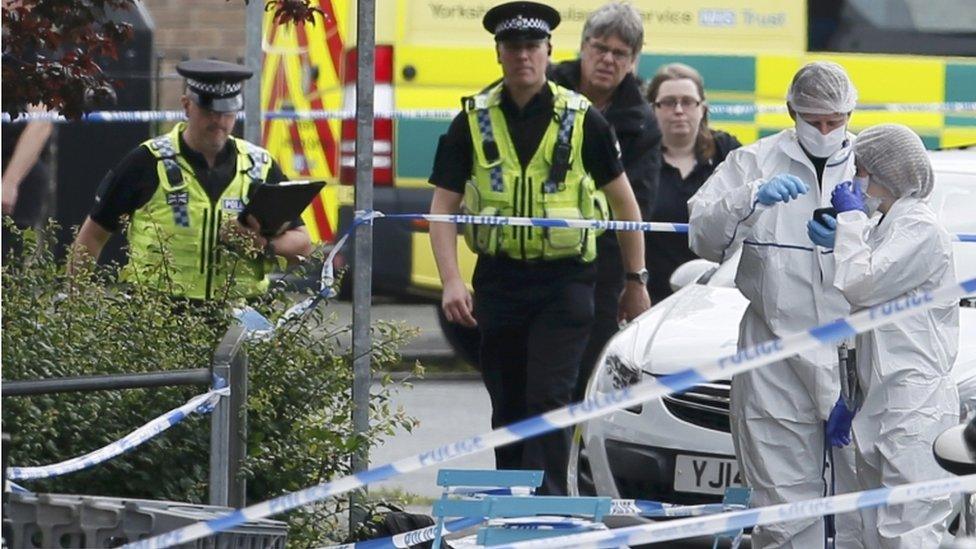
Police at the scene in Birstall following Thursday's attack
The death of Labour MP Jo Cox, attacked outside her constituency surgery, is the latest act of violence against an MP - but can more be done to improve their security?
The killing of the Batley and Spen MP, the mother of two young children, has been met with sadness and shock and a recognition that being an MP can be a dangerous job.
While MPs are protected by high security measures in Parliament, it is a different matter in their constituencies.
MPs - even senior government ministers - hold regular surgeries to meet their constituents to help them and discuss issues concerning them.
'Came at me'
A report out earlier this year by psychiatrists working with the Home Office, reported in the Guardian, external, suggested four out of five MPs had suffered intrusive or aggressive behaviour and some feared going out in public.

Analysis: BBC diplomatic correspondent James Landale
The ability of MPs and their staff to engage with constituents goes to the heart of our parliamentary democracy.
MPs can represent us here at Westminster only because every week they go back home and meet us face to face.
There will inevitably be another debate about MPs' security. Many are often subject to physical attack. But politics can't happen from behind a ring of steel.
Jo Cox's death is not just an awful tragedy. It is also an assault on our democracy.

Of the 239 who responded to a survey, 43 had been subjected to an attack or attempted attack and 101 had received threats to harm them. Comments included "pulled a knife on me in the surgery", "repeatedly punched me in the face", "came at me with a hammer" and "shot with air rifle".
Last week Conservative MP Gavin Barwell told the Evening Standard, external he was having to end his "open door" policy to constituents until further notice, after reportedly being threatened with a knife by a furious man outside his office in Croydon, south London.
Speaking on Thursday before the news of Mrs Cox's death, he said his prayers were with her. "It is an unavoidable part of the job that we meet constituents in lots of unsecured locations - on the streets, fairs, meetings.
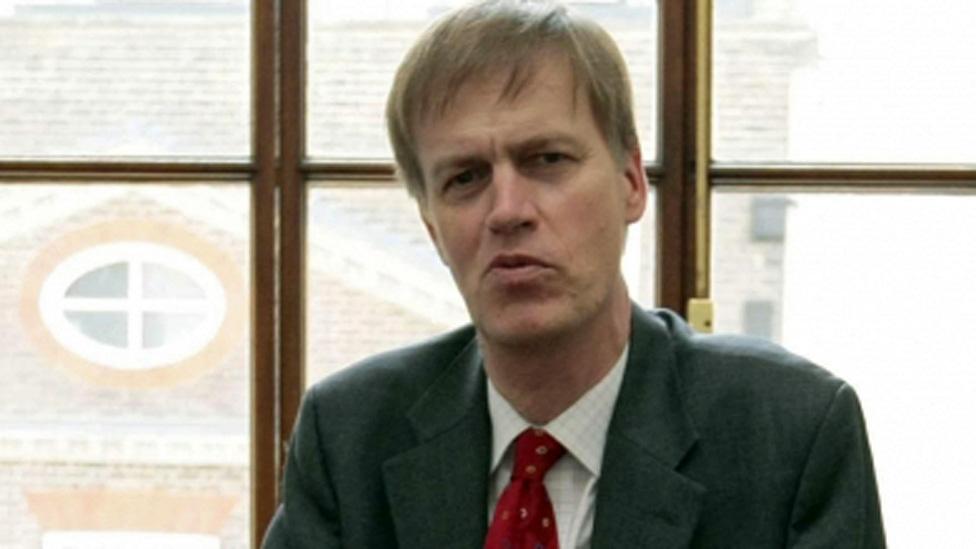
Mr Timms survived being stabbed by a constituent
"Unless you sort of lock MPs away from the public, which would be a terrible thing for our democracy, you can't remove the threat unfortunately."
In 2011, Conservative MP Mike Freer said he was threatened by a group of men while conducting a constituency surgery at North Finchley Mosque in north London. He was escorted to a locked part of the building to wait for police after 12 people forced their way in, and one sat at his table and used abusive language.
Two other high-profile attacks on MPs in their constituencies were the Samurai sword attack on Lib Dem MP Nigel Jones - which resulted in the death of his aide, Andrew Pennington in Cheltenham in January 2000 and the stabbing of Labour's Stephen Timms at his constituency surgery in east London in May 2010.
Mr Timms was stabbed twice in the stomach by a 21-year-old woman, Roshonara Choudhry, who claimed she attacked him in revenge for his support for the war in Iraq. The MP told her trial she had made an appointment to see him specifically, rather than his assistant, at the constituency surgery in Newham and was smiling as she walked towards him, before lunging at him with a kitchen knife.
She was later jailed for life, to serve a minimum term of 15 years, for attempted murder and possession of a knife. Mr Timms said he reviewed his security arrangements but said it would not prevent him from meeting the public.
Sword attack
Nigel, now Lord, Jones survived when sword-wielding Robert Ashman tried to kill him at his constituency surgery in Gloucestershire, but his assistant, local councillor Andrew Pennington, was killed. Lord Jones told the BBC later that he had put more emphasis on security measures following the attack: "We had a security button put in the office which we only used once and we were just very cautious. We changed over to an appointments system rather than just a queuing system."
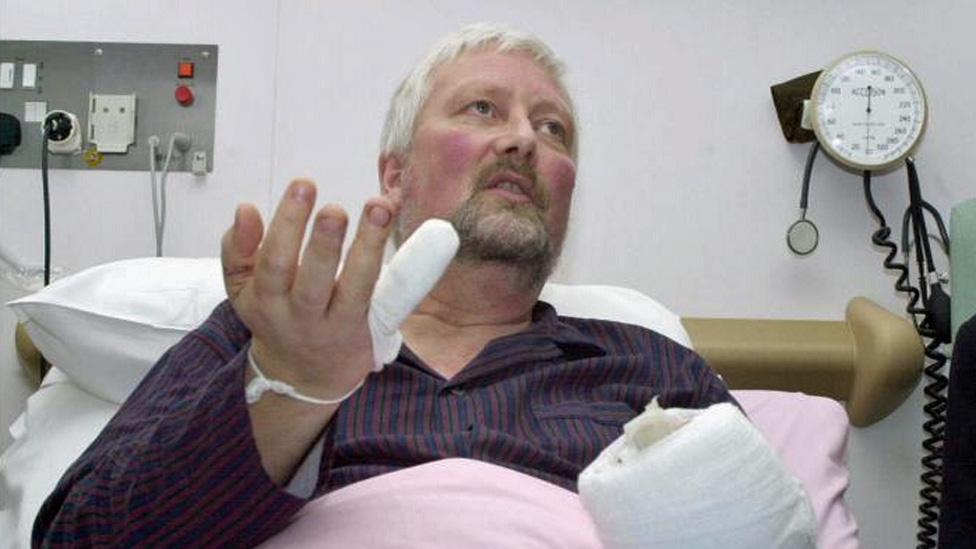
Lord Jones survived the attack at his constituency surgery, but his friend Andrew Pennington did not
He said on Thursday that his thoughts were with Mrs Cox's family and friends, adding: "Due process of law should be allowed to proceed without hindrance. MPs do a difficult and sometimes dangerous job."
Labour's shadow policing minister Jack Dromey said additional security measures had been taken in the past, following the attack on Mr Timms, and added: "I think fresh security guidance might now be necessary at the next stages. But that is for the next stages, for today our thoughts are with Jo."
The link between MPs and their constituents is one of the most highly-prized aspects of British democracy and, as Mr Barwell commented, MPs are reluctant to lock themselves away.
It is seen as a way of keeping MPs in touch with their constituents who can often simply turn up at the advertised time and queue up for a chat with their elected representative.
Former deputy PM Nick Clegg, a friend of Mrs Cox, said he was "deeply shocked" by the death of a "lovely decent person". He added: "My heart goes out to her and everybody affected.
"But also it is such a vile affront to our democracy. One of the great things about our democracy is that anybody can just wander in and see their MP in their weekly surgeries.
"That violence against Jo, although that is the most important thing ... is also violence against our democratic values and very proud democratic traditions."
- Published16 June 2016
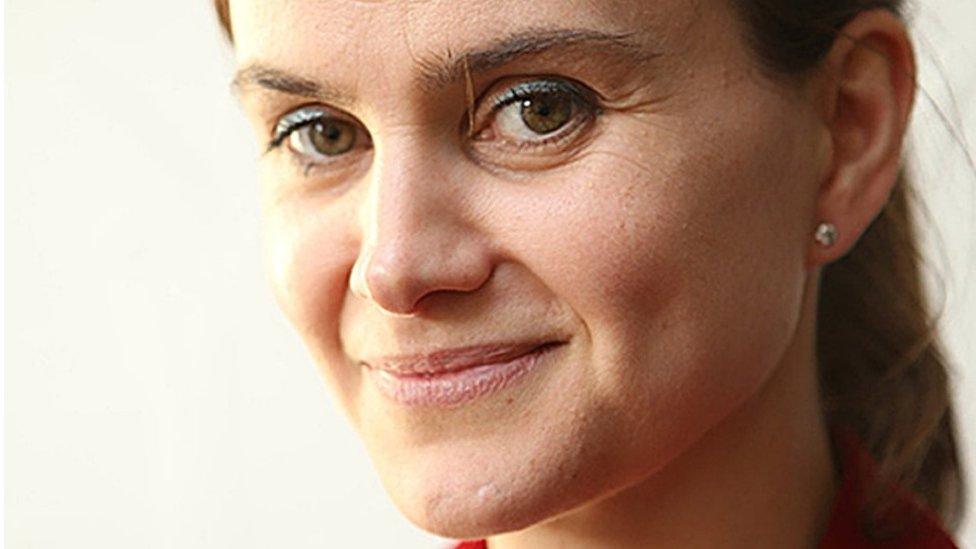
- Published29 October 2011
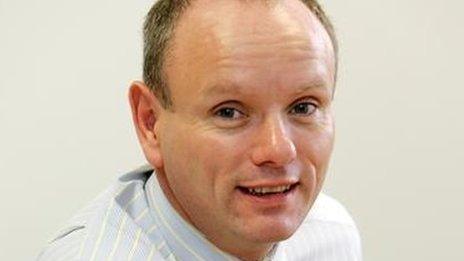
- Published3 November 2010